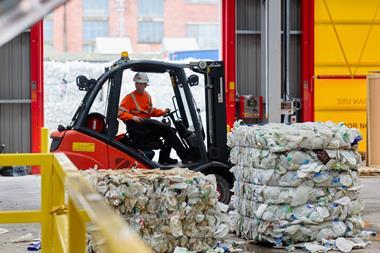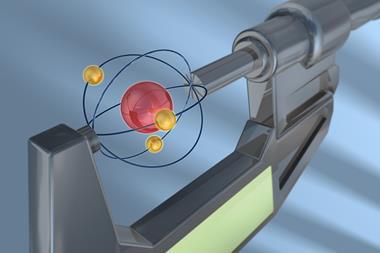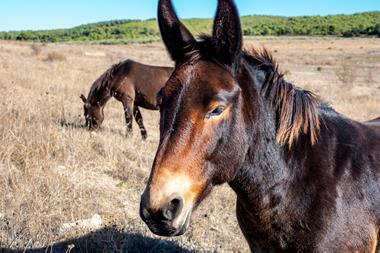'Science is great, isn't it, Dad?'
’Science is great, isn’t it, Dad?’ The excitable eight-year-old girl was pointing to a metre-high picture of the Sun (as seen by an x-ray telescope) which was tacked to the wall of the Institute of Astronomy in Cambridge.
’Dad’ made suitably encouraging noises to his pony-tailed seeker of knowledge - meanwhile I pondered how many times this wonderful conversation had been repeated during the Cambridge Science Festival in March.
The event sees science departments across the university throw open their doors to all-comers. While there are lectures, discussions, and even explosions, simply allowing people to explore where scientists work is itself invaluable. Being open and accessible in this way can excite the scientists of tomorrow - and it also helps to win the trust of their parents.
A question of trust
Securing people’s trust in science has long been one of the key goals of outreach activities. And yet I am often asked by scientists why an appreciation of the benefits of science still seems as distant as ever in the public mind.
There are, of course, many factors affecting this. Education is probably the most important, along with the development of a generally less deferential society, unwilling to placidly swallow whatever ’experts’ tell them. However, a tendency towards secrecy in some areas of science can also play a significant part in limiting public confidence.
For example, several recent news stories have focused attention on the procedures for publishing results from clinical drug trials. One case involved a meta-analysis of antidepressant trial results, conducted by Irving Kirsch of the University of Hull and colleagues. Their analysis showed that for moderately depressed patients, expensive antidepressant drugs performed no better than placebo. This was not the first time such a study had found similar results; nor does it mean that the treatments are ineffective.
What’s more troubling is that Kirsch was forced to use the Freedom of Information Act to prise the relevant trial results from the Food and Drug Administration. If a respected academic must resort to this kind of detective work, commentators said, there must have been something to hide.
Distinctly shady
In a separate case, an expert toxicologist was dismissed from an Environmental Protection Agency panel after the American Chemistry Council objected to her presence, arguing she was insufficiently impartial to judge the safety of a particular chemical (see p15).
The rights and wrongs of the case are subtle. What’s much clearer is that the reasons for her dismissal only came to light after - once again - a Freedom of Information request, this time by an environmental lobby group. Inevitably, they look like sleuthing heroes, while the EPA and ACC appear distinctly shady.
In an age where transparency and accountability are held as sacrosanct, any behaviour by science which appears to conceal information from the public - even if it is done with the very best of intentions - immediately looks suspicious.
The little girl is right. Science really is great - but only when it’s shared.
Mark Peplow, editor












No comments yet